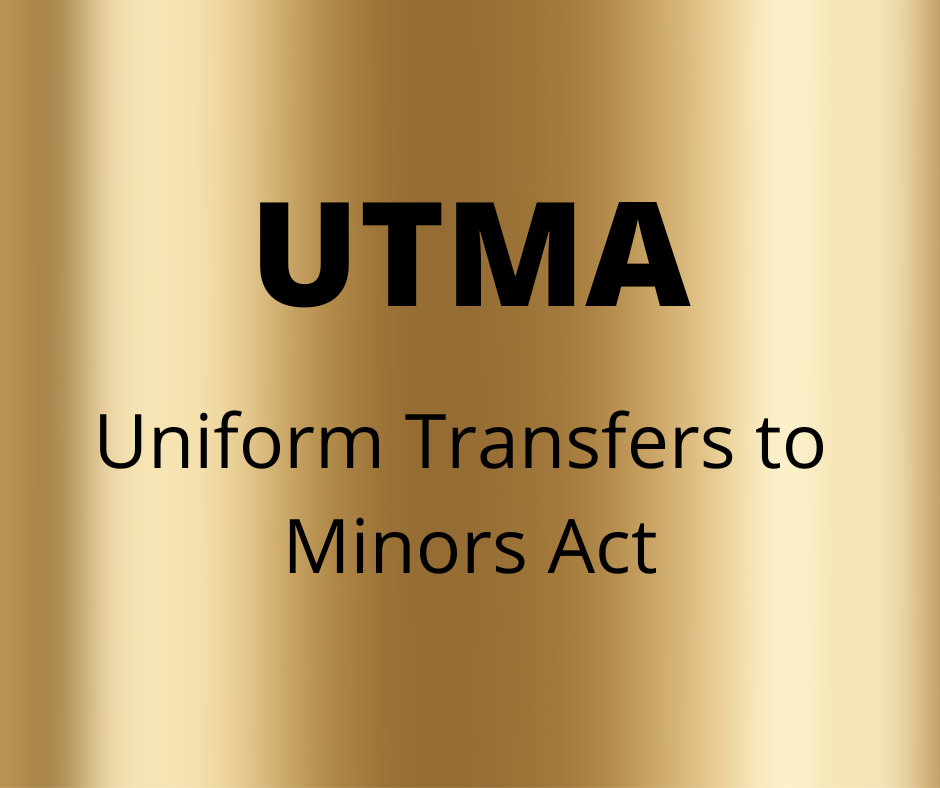
Some of the main reasons for an estate plan is to take care of yourself and pass your assets to your loved ones after you’re gone. The last thing you want to do is add a burden on your children or grandchildren with the gifts you leave them. The UTMA (Uniform Gift to Minors Act) was established to allow you to give a gift without a tax burden.
The Illinois Uniform Transfers to Minors Act (UTMA) allows you to make a gift to a minor child without them worrying about paying a gift tax on the asset. If you have heard of the UGMA (Uniform Gift to Minors Act), the UTMA is simply an extension. When you gift something to a minor this way, you must also name an adult custodian who will manage the gift until the child reaches the age of 21. And you can assign yourself the custodian.
What are some assets that can be transferred to a minor through UTMA?
There are two reasons for a person to utilize a UTMA:
The UTMA is commonly used in less complex situations. If you don’t have a mega-fortune to leave to your children or grandchildren, a UTMA may be the easier way to go. But beware: because the child owns the assets in the UTMA, they may not be eligible for need-based college scholarships and other financial aids.
A trust is a legal agreement that sets aside assets for the beneficiary. In a trust, the taxes are higher, but the gift does not belong to the child until you decide. This means that they are more eligible for scholarships. A revocable trust is one where you can act as the trustee during your lifetime and then name a successor if you pass away before the child becomes 21.
Working with an experienced estate planning attorney can help you decide which is best for you: UTMA or trust.
If you are planning your estate and have questions about setting up a trust or UTMA, an experienced estate planning and trusts lawyer can advise you throughout the process. To talk to an attorney, contact the Estate & Probate Legal Group at 630-864-5835.
Areas we serve: Cook, DuPage, Kane, Lake and Will counties.